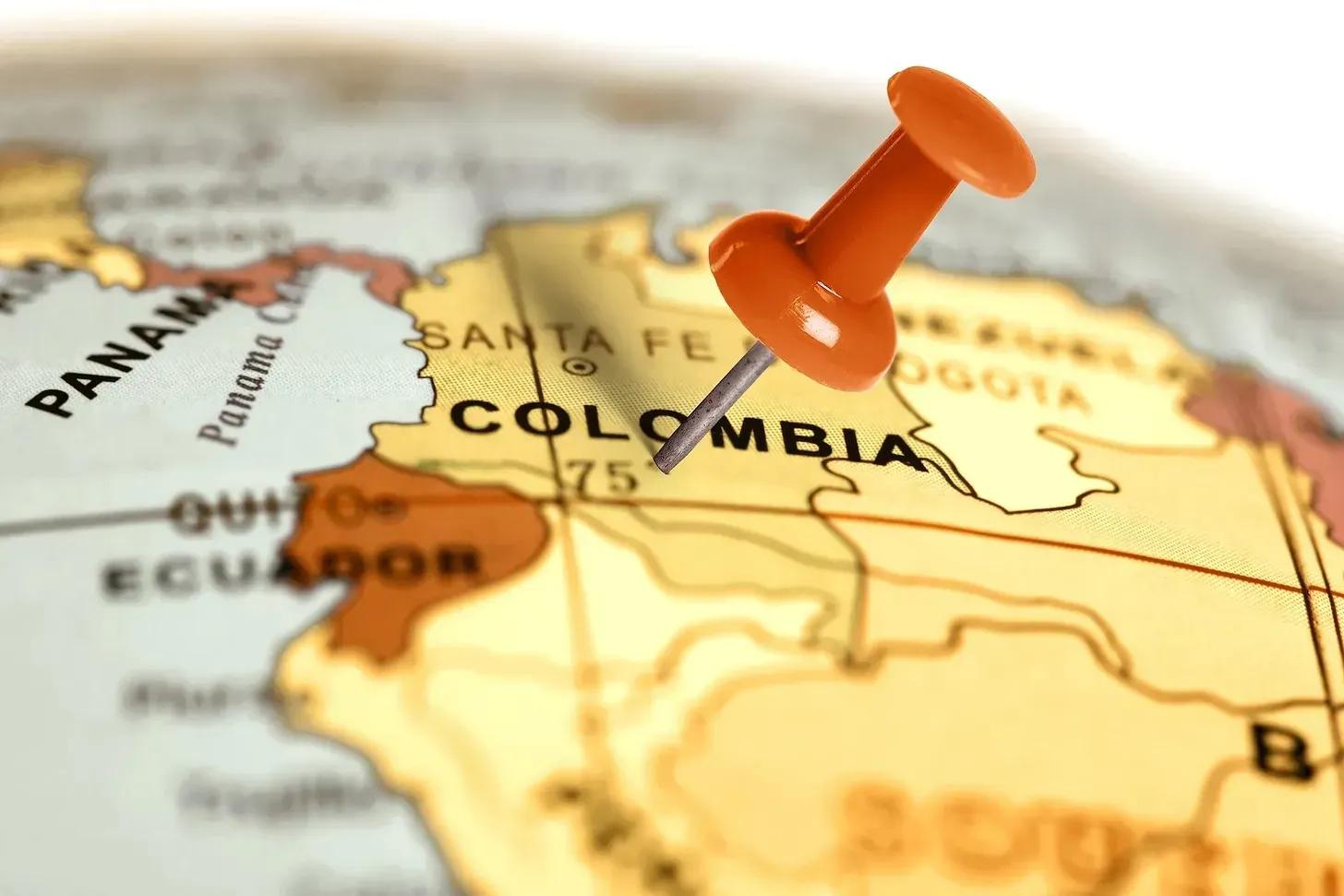Jesús Daniel Romero, Co-Founder and Senior Fellow of MSI² for FinGurú
The Monómeros case demonstrates that our warning from November 2024 was not speculation, but a precise diagnosis.
What we said in November 2024
In the article published on November 26, 2024, in FinGuru, we pointed out that:
“The sale of Monómeros has been driven by the Nicolás Maduro regime, which seeks to divest assets before President Donald Trump's inauguration in the United States in January 2025. The Venezuelan regime would be concerned about a possible intervention by the future Trump administration through sanctions that would seriously affect the company.” (Romero & Acosta, 2024, p. 2)
We also warned that:
“The United States would be part of any negotiation regarding the future of this company.” (Romero & Acosta, 2024, p. 5)
Our hypothesis at that time was clear: Maduro would seek to monetize Monómeros as part of an economic survival strategy before a tightening of U.S. sanctions.
What is happening in August 2025
Nine months later, events confirm our forecasts:
- July 25, 2025: The U.S. Department of the Treasury designated the Cartel de los Soles as a Specially Designated Global Terrorist Organization (SDGT), naming Nicolás Maduro as its leader.
- Colombian President Gustavo Petro publicly backed Maduro after the designation and threatened the U.S. Attorney General responsible for its publication.
- During the VII Energy Ministerial Meeting of CELAC, Petro and Maduro:
• Signed a confidentiality agreement to open Monómeros' financial books.
• Agreed on a roadmap to sell the company to Colombia, with Ecopetrol as the state buyer.
• Initiated efforts to obtain a special license from OFAC, a legal requirement due to the existing sanctions.
Since 2017, Monómeros has operated under sanctions from the Office of Foreign Assets Control (OFAC) of the U.S. Department of the Treasury, as it is considered a subsidiary of PEQUIVEN, part of the economic apparatus of Nicolás Maduro's regime. According to the general license issued by OFAC, the company could continue certain financial operations, but that authorization expires in June 2025, and there are no guarantees for renewal under the new U.S. administration (U.S. Department of the Treasury, 2019).
The contradiction of Petro
July 28, 2024 – Elections in Venezuela
After the presidential elections, Gustavo Petro declared that he would not recognize Nicolás Maduro's victory unless verifiable records were presented:
“Neither Colombia nor Brazil will recognize Maduro if he does not present the electoral records” (El País, September 26, 2024)
July 25, 2025 – Designation as SDGT
After the U.S. designated Maduro as head of the Cartel de los Soles, Petro publicly supported the Venezuelan leader and threatened the U.S. Attorney General who authorized the publication of the designation.
Conclusion: Petro went from conditioning the bilateral relationship on electoral legitimacy in 2024 to strengthening political and economic cooperation with a leader marked by narcoterrorism in 2025.
The strategic reason behind the sale of Monómeros
Although publicly presented as an economic agreement to secure fertilizers for Colombia, the sale of Monómeros has a deeper political and geostrategic background:
1. Immediate financing for Maduro: Turning a sanctioned asset into liquidity or economic benefits, shortly after his designation as head of the Cartel de los Soles.
2. Shielding the asset in the hands of an ally: By transferring ownership to Ecopetrol, a state-owned company from a U.S. ally country, the asset could be less exposed to additional sanctions.
3. Consolidation of the Petro–Maduro axis: The sale within the framework of CELAC strengthens a political alliance that openly challenges Washington.
4. Challenging the U.S. sanctions regime: If the U.S. does not block the operation, it will send a message to other governments that it is possible to break the financial isolation of a leader sanctioned for narcoterrorism.
In this context, the sale is not an isolated move, but a key piece of a political and financial survival strategy of Maduro's regime, with the direct support of President Petro.
Washington needs to block this sale
The sale is not a simple agricultural business: it is a financing mechanism for a regime sanctioned for narcoterrorism.
Allowing the operation would mean:
- Providing liquidity to an actor designated as a terrorist.
- Undermining the credibility of the U.S. sanctions regime.
- Accepting the political alignment of an allied government (Colombia) with a criminalized regime.
In this scenario, blocking the sale is a strategic obligation for Washington.
It must also be a direct message to President Gustavo Petro: Washington will not tolerate a considered ally country facilitating resources to a leader designated as head of a global terrorist organization.
Conclusion
At MSI², we maintain that prospective analysis is key to anticipating threats and strategic movements. The Monómeros case demonstrates that our warning from November 2024 was not speculation, but a precise diagnosis.
Final warning
If Washington allows this sale to proceed, it will send the message that an ally can finance a cartel leader and global terrorist without consequences. The Monómeros case will not be remembered as a commercial transaction but as the time when the United States tolerated a friendly government bolstering a narcoterrorist regime in the western hemisphere.
References
U.S. Department of the Treasury (April 12, 2019). Regulations on sanctions related to Venezuela: Incorporation of Monómeros Colombo Venezolanos S.A. Office of Foreign Assets Control.https://home.treasury.gov/policy-issues/financial-sanctions/recent-actions/20190412
Romero, J. D., & Acosta, W. (2024, November 26). Monómeros at the crossroads: Is the sale a litmus test for Trump's second administration? FinGuru.https://fin.guru/es/politica-y-sociedad/monomers-at-the-crossroads-of-sales-a-litmus-test-for-trumps-second-administration-bscyfc48wa
Jesús Daniel Romero is a Retired Commander of Naval Intelligence of the United States, Specialized in Intelligence Operations, and has also had a prominent diplomatic role representing his country.
Co-Founder and Senior Fellow of the Miami Strategic Intelligence Institute (MSI²), and author of the Amazon bestseller "The Final Flight: The Queen of Air," he is currently writing a trilogy of books on transnational crime in Latin America.
He is a columnist for the Diario Las Américas in Miami and a permanent consultant on topics of his specialty for major graphic, television, and radio media in the United States.

Comments